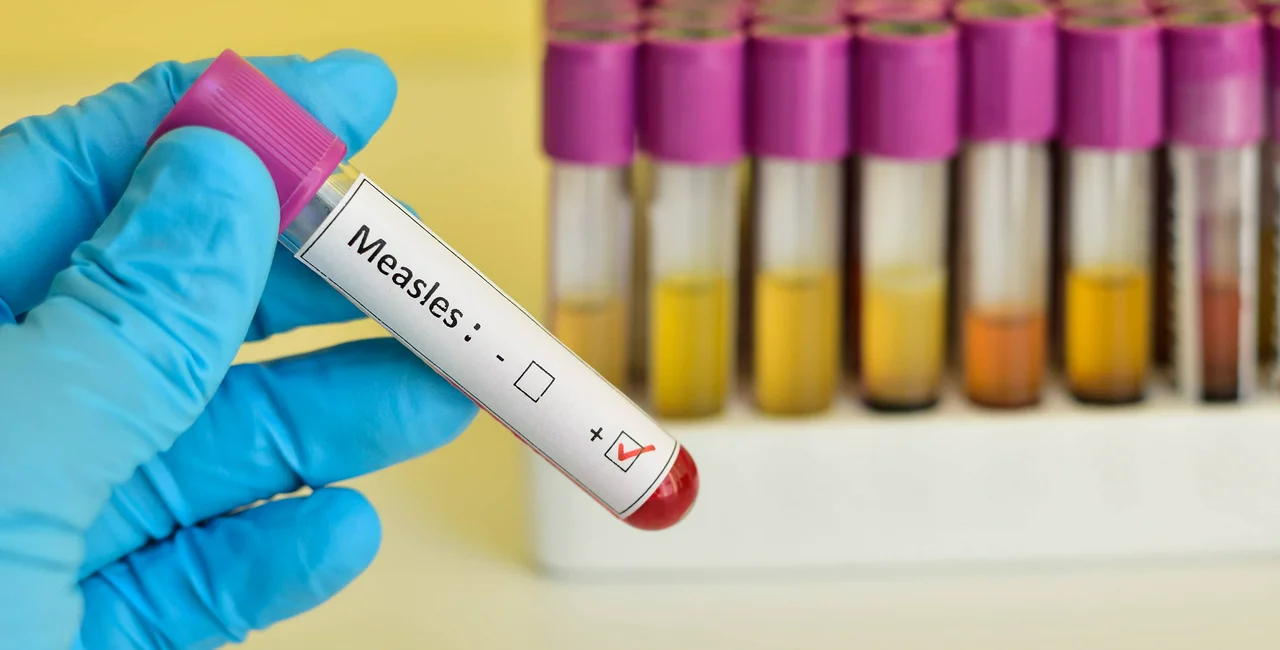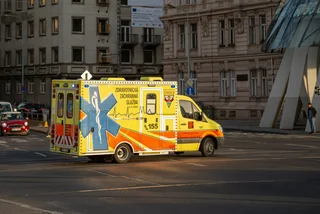Newly issued research by the Vaccine Confidence Project shows that both Czech doctors and patients have become less confident in the safety of vaccines.
In its report, The State of Vaccine Confidence in the EU: 2018, the initiative conducted the largest ever study on attitudes towards vaccines and vaccinations in all 28 EU member states and among general practitioners (GP) in ten EU member states.
The results of the survey suggest that a number of member states – including France, Greece, Italy, and Slovenia – have become more confident in the safety of vaccines since 2015; while the Czech Republic, Finland, Poland, and Sweden have become less confident over the same period.
[poll id=”14″]
Despite the fact that GPs generally hold a higher level of vaccine confidence than the public, the survey found that 36% of GPs surveyed in Czech Republic and 25% in Slovakia do not agree that the MMR vaccine is safe and 29% and 19% (respectively) do not believe it is important.
Among other key findings, younger adults in the survey had less confidence in the safety and importance of both the MMR and seasonal influenza vaccines (and vaccines in general) than older age groups.
[wp_ad_camp_1]
The Czech Republic, Poland, and Slovakia all reported to the WHO, however, that they recommend the seasonal influenza vaccine to pregnant women.
Lead researcher Heidi Larson attributes the dramatic shift to viral misinformation “undermining trust in vaccines crucial to public health.”
The study concludes: “Across the European Union (EU), vaccine delays and refusals are contributing to declining immunization rates in a number of countries and are leading to increases in disease outbreaks.”
[wp_ad_camp_1]
Earlier this year, a measles outbreak was reported in Prague, forcing Motol hospital to temporarily close downs its emergency room.
Following the outbreak, Vice Minister of Health Roman Prymula, chairman of the Czech Vaccination Society, told reporters that the reason for the rising number of measles cases is due to public fear of vaccines.
The combined vaccine against measles, rubella and mumps (MMR) was launched in the Czech Republic in 1969. There have been no measles deaths since 1980. The highest figure of 221 measles cases was recorded in 2014.
In the Czech Republic the measles vaccination is mandatory; unvaccinated children are not accepted by pre-schools, and their parents face a fine.












 Reading time: 2 minutes
Reading time: 2 minutes 


























